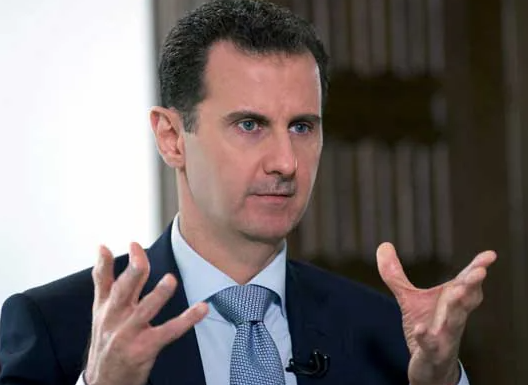The Hidden Flow of Funds from Syria to Russia
Between 2018 and 2019, the Syrian government secretly airlifted approximately $250 million in cash funds to Russia. This operation involved transporting nearly two tonnes of $100 bills and €500 notes by plane. The goal was to secure financial support from Russia and bypass the severe Western sanctions that had isolated Syria from the global financial system.
Reports revealed that Syria’s central bank sent multiple flights carrying cash funds to Moscow’s Vnukovo airport, where the money was deposited in Russian banks. These banks were already under Western sanctions but became essential lifelines for Syria’s economy. During this period, Syria faced a severe shortage of foreign currency due to years of war and economic sanctions, leaving the Assad government struggling to maintain its financial operations.
From March 2018 to September 2019, this secretive operation was a critical move for Syria to sustain its economy. Without access to international financial systems, Syria had to rely on cash funds for essential imports such as wheat from Russia and for covering military expenses. For instance, in May 2019, a single flight carried $10 million in cash funds to Moscow. Earlier that same year, €20 million in €500 notes were flown to the Russian capital.
Russia’s Role as Syria’s Financial and Funds Lifeline
Russia played an instrumental role in supporting Syria not only militarily but also financially. While Russian airstrikes and military aid were crucial in keeping the Syrian government in power during the civil war, the financial support provided through cash deposits in Russian banks further strengthened this alliance.
Sanctions imposed by Western countries had crippled Syria’s economy, leaving it dependent on allies like Russia and Iran. By depositing large sums of cash in Russian financial institutions, the Syrian government found a way to bypass sanctions. The Syrian government used these funds for international transactions, including procuring goods and military supplies.
Russian banks, such as Financial Corporation Bank (RFK) and TsMR Bank, handled these cash transfers despite being under sanctions by the US Treasury. These banks moved funds for Syria, enabling it to continue operating even after the global banking system cut it off.
Additionally, this financial partnership wasn’t limited to cash transfers. Syria’s ruling elite also invested heavily in Russian luxury assets, including high-end real estate, further intertwining the economic ties between the two countries. These transactions highlighted the dependency of Syria’s leadership on Russian financial systems to safeguard wealth and sustain their regime.
Corruption and Sanctions Evasion
The financial operations of the Syrian government during this period also exposed widespread corruption within the system. Syria’s leaders used the ongoing conflict as an opportunity to enrich themselves, channeling funds abroad to secure their wealth.
The ruling elite exploited Syria’s resources, making corruption a central part of governance. They used these funds not only for essential needs but also for personal luxuries, including properties and assets in Moscow. According to reports, Syria’s leadership maintained control over critical parts of the economy by engaging in activities such as fuel smuggling and illicit trade, which generated much-needed revenue to sustain their grip on power.
Iran also played a significant role in supporting Syria’s financial survival. Iran’s Revolutionary Guard Corps and affiliated organizations helped move millions of dollars into Syria. Despite the overwhelming international sanctions, the Syrian leadership managed to maintain a steady flow of funds to Russia and other safe havens, securing the regime’s survival during the civil war.
The Syrian government’s financial ties with Russia not only ensured the continuation of its military campaign but also showcased the extent of its dependency on allies to navigate the global sanctions regime. These actions highlighted how deeply corruption and external support embedded themselves in the country’s governance structure, transforming Syria into a system reliant on illicit activities and foreign assistance.

